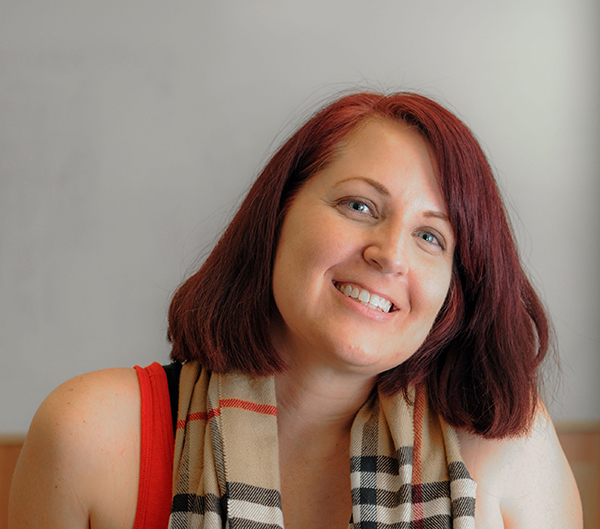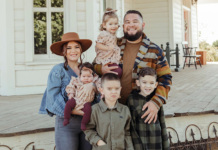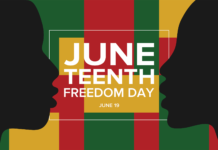
By Priscilla Behnke
Anyone working with teens these days is aware of the Netflix series 13 Reasons Why. It was all the rage and so popular that season two is now under production. I first ignored it because the premise sounded manipulative and unrealistic, yet almost every teen I met watched it, and loved it. So, I watched. There were the main subjects of suicide and bullying. I also noticed two other themes that aren’t getting as much attention and they should.
The first is frequent substance abuse. I got the impression from watching that the writers put it in as normal. In one scene a boy comes home drunk. His mother, upset he is late for dinner, scolds him, “are you drunk on a school night?” As if it would be acceptable for him to drink around town inebriated on a weekend. There are constant drinking parties, and most of the issues are rooted at the parties.
The second theme was lack of meaningful connection, even between the adults and teens. The parents of the young girl genuinely care for her. But they are so busy they don’t take the time to bond with their daughter. When they do talk with her, it’s about the struggling family business. School staff are all busy and focused on their to-do lists. The show’s adults leave a vacuum, and what fills this void is sinister.
The teens are desperate for relationships but conflate admiration and popularity with caring and companionship. They end up with insincere relationships that dissolve quickly. No one steps in to provide them an alternative; not a youth pastor, coach, teacher or neighbor. In the end the one person who is paid to help won’t because he is busy, and her issue makes him uncomfortable.
When students tell me they relate, it breaks my heart. I don’t believe they are being dramatic; I’ve looked at the data. The Arizona Youth Survey shows that 51 percent of teens don’t feel connected to their community (about 2,726). Roughly 17 percent of teens (about 900) drank alcohol last month. Our community survey consistently ranks parties with friends as a top source of alcohol for Maricopa youth. The city data shows between January and November there were 68 suicide attempts by adolescents.
“The Be Awesome Youth Coalition” is dedicated to developing confident, connected and successful youth. To do that, we need adults who are willing to be the opposite of those depicted in the show. Adults who will make the time, do what is difficult and refuse acquiesce in the face of youth substance abuse. You can find more information at MCAASA.org/Be-Awesome, or join us every second Wednesday at 5:15 p.m. at Maricopa Elementary.
520-428-7750
MCAASA.org, Facebook.com/BeAwesomeYouthCoalition, [email protected]
Priscilla Behnke is program director for Maricopa CAASA and Be Awesome Coalition.
This column appears in the February issue of InMaricopa.

![Who’s the Best Mom InMaricopa? Nominate now! Marlene Marshall, Christina Olivares, and Meghan Bremer. [Bryan Mordt]](https://www.inmaricopa.com/wp-content/uploads/2023/05/BCM_8465-218x150.jpg)



![Maricopa sheds tears amid Maui wildfires that killed dozens For Maricopa resident Janelle Gomez, the sorrow mirrors the loss of a family member. [Brian Petersheim]](https://www.inmaricopa.com/wp-content/uploads/2023/08/Gomez-218x150.jpg)
![Embracing Freedom: Celebrating the Fourth of July Councilmember Vincent Manfredi at Great American 4th 2021 [Victor Moreno]](https://www.inmaricopa.com/wp-content/uploads/2023/07/2021-Great-American-4th-e1688414543522-218x150.jpg)






![Alleged car thief released without charges Phoenix police stop a stolen vehicle on April 20, 2024. [Facebook]](https://www.inmaricopa.com/wp-content/uploads/2024/04/IMG_5040-218x150.jpg)